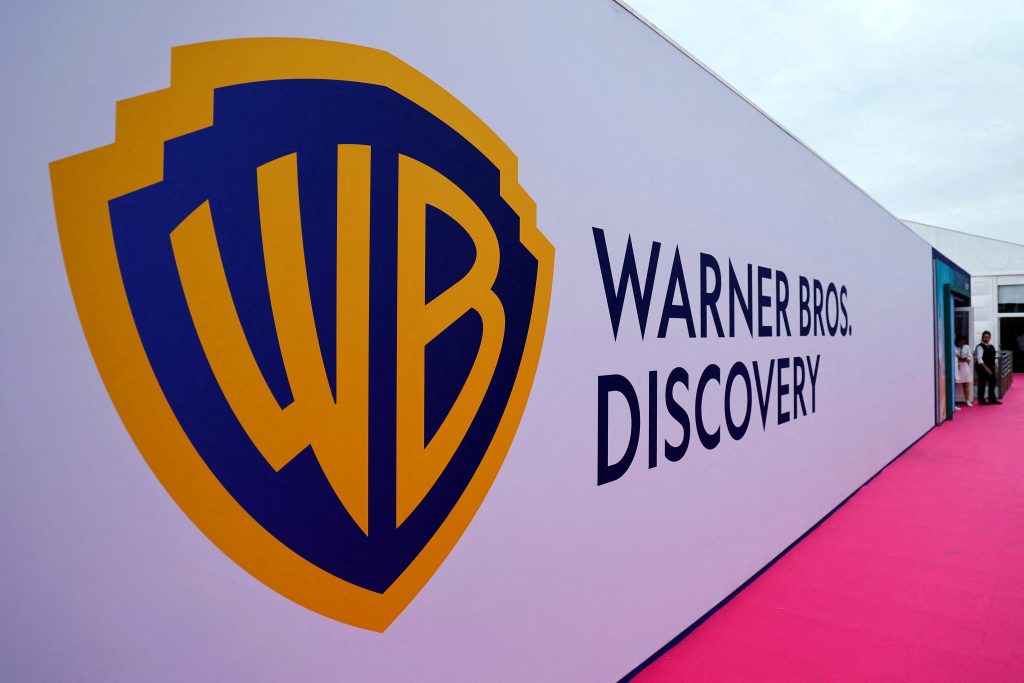(Reuters) – Box office smash “Barbie” helped Warner Bros Discovery (NASDAQ:WBD) top quarterly profit estimates, but the effect of two Hollywood strikes and a weak advertising market could continue to hamper the company’s earnings into next year, the company said on Wednesday.
Although Hollywood’s film and television writers ratified a new, three-year contract in September, ending their 148-day work stoppage, members of the SAG-AFTRA actors union have been on strike since July, roiling the industry’s 2024 film slate and depriving media companies of new content to sell.
Chief Financial Officer Gunnar Wiedenfels said on a call with investors that there’s a “real risk” that the financial hit from the strike will linger into 2024, sending shares down 9% in premarket trading.
“It is becoming increasingly clear now that much like 2023, 2024 will have its share of complexity, particularly as it relates to the possibility of continued sluggish advertising trends,” he said on the call. “We don’t see when this is going to turn.”
Chief Executive David Zaslav said the company saw its lightest original content slate in years and had to delay some releases, leading to a drop in third-quarter streaming subscriber numbers.
The media company, forged by the union of WarnerMedia and Discovery, posted adjusted core earnings of $2.97 billion, above estimates of $2.92 billion, according to LSEG data. Overall third-quarter revenue of $9.98 billion was in line with estimates.
The company reported free cash flow of $2.06 billion, compared with $1.72 billion in the prior quarter, as it spent less on production as a result of the strikes. This surpassed expectations for $1.74 billion, according to Visible Alpha.
The results put the company “on track to meaningfully exceed $5 billion (free cash flow) for the year and contributing to our nearly $12 billion in debt paydown to date,” CEO David Zaslav said.
Advertising revenue at its networks segment declined 12% to $1.71 billion as global conflicts and inflation create an uncertain climate for marketers.
The company’s streaming unit posted an adjusted core profit of $111 million, compared with a loss of $634 million a year ago. Global average revenue per user in the segment rose 6%.
Warner Bros Discovery had 95.1 million global direct-to-consumer customers at the end of the quarter, down from 95.8 million in the previous quarter. In May, it launched its Max streaming service – combining HBO Max’s scripted entertainment with Discovery’s reality shows.



